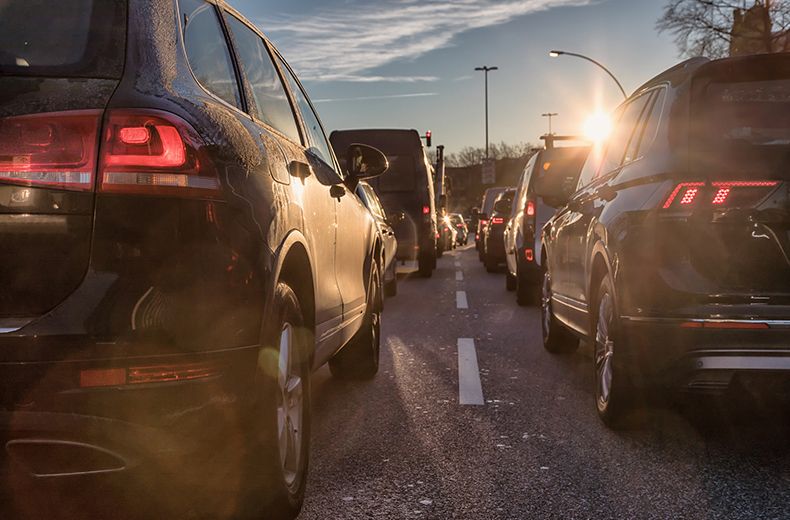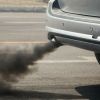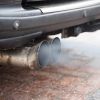In the period between 2010 and 2018, SUVs more than doubled their market share from 17% to 39%, emitting more than 700 megatonnes of CO2 in the process.
According to analysis from The International Energy Agency (IEA), in this period the increase in SUV exhaust emissions was greater than the rise in emissions from global aviation and shipping combined.
If SUV drivers were a country, they would be the seventh biggest emitters in the world – ahead of the UK and Netherlands’ emissions combined.
“We were quite surprised by this result ourselves,” said Laura Cozzi, the chief energy modeller of the IEA, which produced the report.
SUVS have bucked the trend of a stalling global car market, delivering a record 35 million vehicles in 2018.
Ms Cozzi said: “We thought this was a trend that was more concentrated in a few countries … but it’s becoming really universal.”
The impact of its rise on global emissions is nothing short of surprising… SUVs were the second-largest contributor to the increase in global CO2 emissions since 2010 after the power sector, but ahead of heavy industry (including iron & steel, cement, aluminium), as well as trucks and aviation.”
Laura Cozzi, Chief Energy Modeler, and Apostolos Petropoulos, Energy Modeler, IEA
Guardian analysis of Department for Transport statistics estimates there are 5 million SUVs in the UK today. Nearly one in two passenger cars sold in the US today are SUVs.
The IEA says perceptions of increased safety, and social status, are not the only factors behind the trend. Ms Cozzi added “There is a really big need for car manufacturers to find the margins wherever it is possible, and the SUV segment seems to be one of those places.”
- What is a hybrid car and should I buy one?
- 11 ways to reduce your driving emissions
- Is my car bad for the environment? A guide to vehicle exhaust emissions
- Exhaust repair
The findings show that larger vehicles have offset smaller vehicles’ efforts to curb emissions. Other cars actually recorded a reduction of 75 megatonnes of C02 between 2010 and 2018.
The IEAs results come after the Science and Technology Committee urged the ban on petrol and diesel cars to be brought forward to 2035.
The committee’s report insists the UK’s net-zero emissions target will not be met by 2050, without the restriction coming into effect sooner.
Copyright Press Association 2019. Motoring News articles do not reflect the RAC's views unless clearly stated.

RAC sale – up to 33% off*
• Roadside cover from £5.29 a month†
• We get to most breakdowns in 60 mins or less
• Our patrols fix 4/5 breakdowns on the spot





